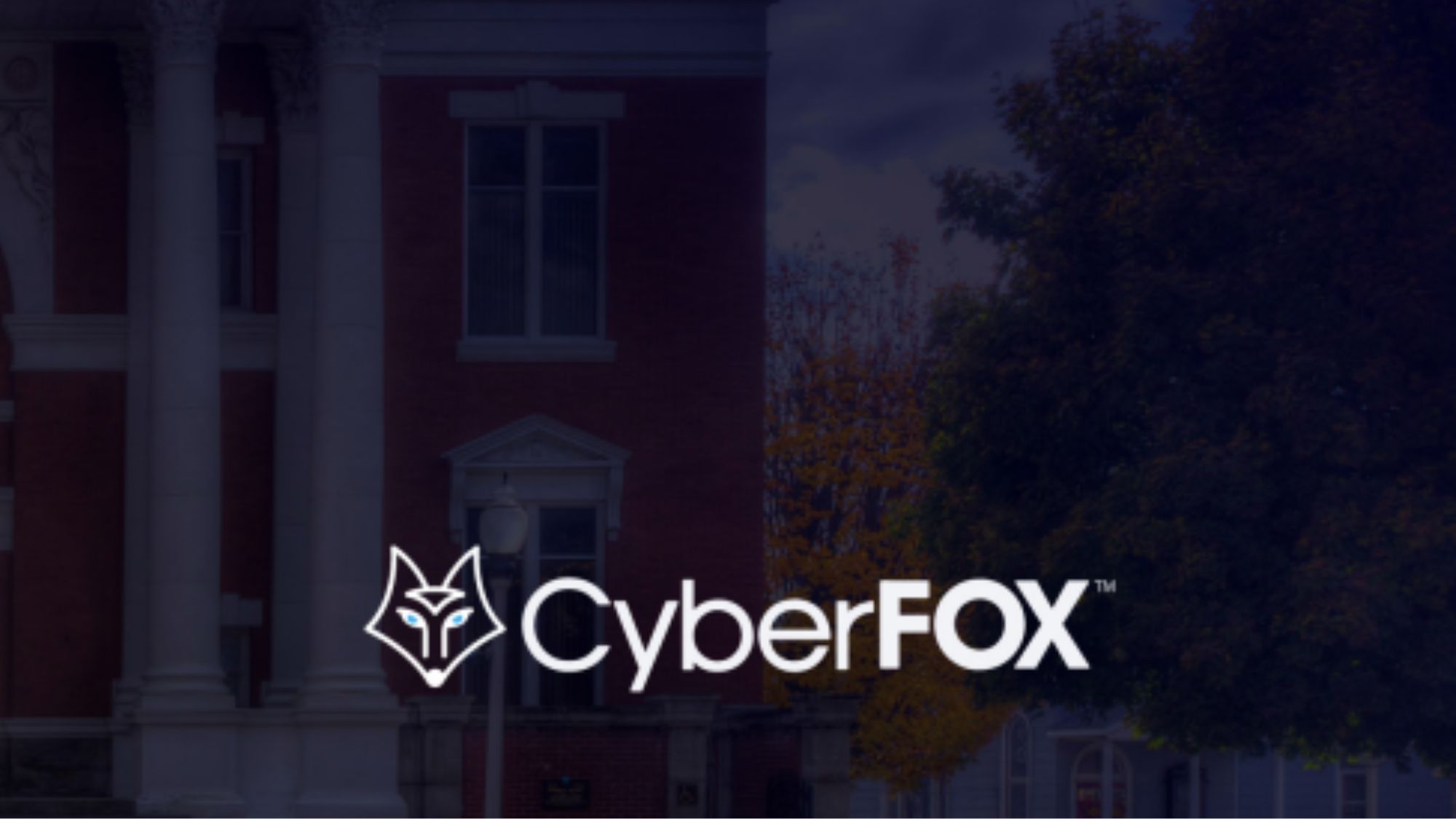UK government officials consider banning ransomware payments
Public bodies could be prevented from paying out to hackers to regain control of systems


The UK government is considering banning public organizations from paying ransomware demands as it seeks to strike a "significant blow” to cyber criminal operating models.
The consultation follows a series of serious ransomware incidents at NHS bodies, the British Library, Royal Mail and more, that have caused severe real world disruption and cost millions in recovery costs.
Consultation documents from government officials noted that ransomware is considered the "greatest of all serious and organized cyber crime threats, the largest cybersecurity threat, and is treated as a risk to the UK's national security."
To fight back, the Home Office is running a consultation centered around three proposals.
These include mandatory requirements to report ransomware incidents and a ransomware payment prevention scheme that would require notification of intention to pay and offer support to help victims avoid paying.
The government already prohibits ransomware payments by its own departments, and the third option would seek to extend that across all public bodies — including the NHS — and organizations deemed critical national infrastructure (CNI) and perhaps even their suppliers.
One consideration, the consultation report notes, is coming up with the right measures to encourage compliance with the ban — in other words, how to punish any public or CNI organisation that pays ransomware criminals.
Get the ITPro daily newsletter
Sign up today and you will receive a free copy of our Future Focus 2025 report - the leading guidance on AI, cybersecurity and other IT challenges as per 700+ senior executives
The consultation is considering making non-compliance a criminal offence or making use of civil penalties, such as fines or banning leadership from being a member of a board.
However, the consultation document notes: "The Home Office welcomes views on other measures that could be used to encourage compliance with the ban."
Fighting back against ransomware
The aim of the legislation is to deter future ransomware attacks by cutting down the amount of money threat groups earn as well as to make it easier for authorities to disrupt and investigate attacks, the government said.
"Reducing the spread of ransomware attacks, and undermining the criminals’ business model, requires an entirely new approach, and one that will help the UK to lead the world in fighting back against the increasing risks posed by this crime to our society and economy,” the report states.
Because of that, tackling the threat of ransomware requires a coordinated approach.
"With an estimated $1bn flowing to ransomware criminals globally in 2023, it is vital we act to protect national security," said security minister Dan Jarvis.
"These proposals help us meet the scale of the ransomware threat, hitting these criminal networks in their wallets and cutting off the key financial pipeline they rely upon to operate."
The consultation runs until April.
Does paying ransoms work?
Paying ransoms to threat actors can be a dangerous option for organizations that have fallen prey to a cyber attack. Despite paying, research shows many victims find they cannot recover all stolen data, and in some instances threat actors have still leaked sensitive information.
RELATED WHITEPAPER

The National Cyber Security Centre (NCSC) has previously said it does not believe such ransoms should be paid, but doing so is not illegal unless the victim is aware that the money is funding terrorism.
"This consultation marks a vital step in our efforts to protect the UK from the crippling effects of ransomware attacks and the associated economic and societal costs," said Richard Horne, CEO of the NCSC.
The consultation is only targeted at public organisations or those organisations deemed to have critical national infrastructure, but previous research has suggested as many as a third of private companies have paid out to ransomware groups.
Freelance journalist Nicole Kobie first started writing for ITPro in 2007, with bylines in New Scientist, Wired, PC Pro and many more.
Nicole the author of a book about the history of technology, The Long History of the Future.
-
 Geekom Mini IT13 Review
Geekom Mini IT13 ReviewReviews It may only be a mild update for the Mini IT13, but a more potent CPU has made a good mini PC just that little bit better
By Alun Taylor
-
 Why AI researchers are turning to nature for inspiration
Why AI researchers are turning to nature for inspirationIn-depth From ant colonies to neural networks, researchers are looking to nature to build more efficient, adaptable, and resilient systems
By David Howell
-
 Simplifying Password Management eBook
Simplifying Password Management eBookBy ITPro
-
 Living off the Land eBook
Living off the Land eBookBy ITPro
-
 The Public Sector's Guide to Privilege and Password Management
The Public Sector's Guide to Privilege and Password ManagementBy ITPro
-
 Zero Standing Privilege: Automating Cybersecurity Without Disrupting Productivity
Zero Standing Privilege: Automating Cybersecurity Without Disrupting Productivitywhitepaper
By ITPro
-
 Cleo attack victim list grows as Hertz confirms customer data stolen – and security experts say it won't be the last
Cleo attack victim list grows as Hertz confirms customer data stolen – and security experts say it won't be the lastNews Hertz has confirmed it suffered a data breach as a result of the Cleo zero-day vulnerability in late 2024, with the car rental giant warning that customer data was stolen.
By Ross Kelly
-
 ‘We are now a full-fledged powerhouse’: Two years on from its Series B round, Hack the Box targets further growth with AI-powered cyber training programs and new market opportunities
‘We are now a full-fledged powerhouse’: Two years on from its Series B round, Hack the Box targets further growth with AI-powered cyber training programs and new market opportunitiesNews Hack the Box has grown significantly in the last two years, and it shows no signs of slowing down
By Ross Kelly
-
 ‘Phishing kits are a force multiplier': Cheap cyber crime kits can be bought on the dark web for less than $25 – and experts warn it’s lowering the barrier of entry for amateur hackers
‘Phishing kits are a force multiplier': Cheap cyber crime kits can be bought on the dark web for less than $25 – and experts warn it’s lowering the barrier of entry for amateur hackersNews Research from NordVPN shows phishing kits are now widely available on the dark web and via messaging apps like Telegram, and are often selling for less than $25.
By Emma Woollacott
-
 Cyber attacks against UK firms dropped by 10% last year, but experts say don't get complacent
Cyber attacks against UK firms dropped by 10% last year, but experts say don't get complacentNews More than four-in-ten UK businesses were hit by a cyber attack last year, marking a decrease on the year prior – but security experts have warned enterprises to still remain vigilant.
By Emma Woollacott